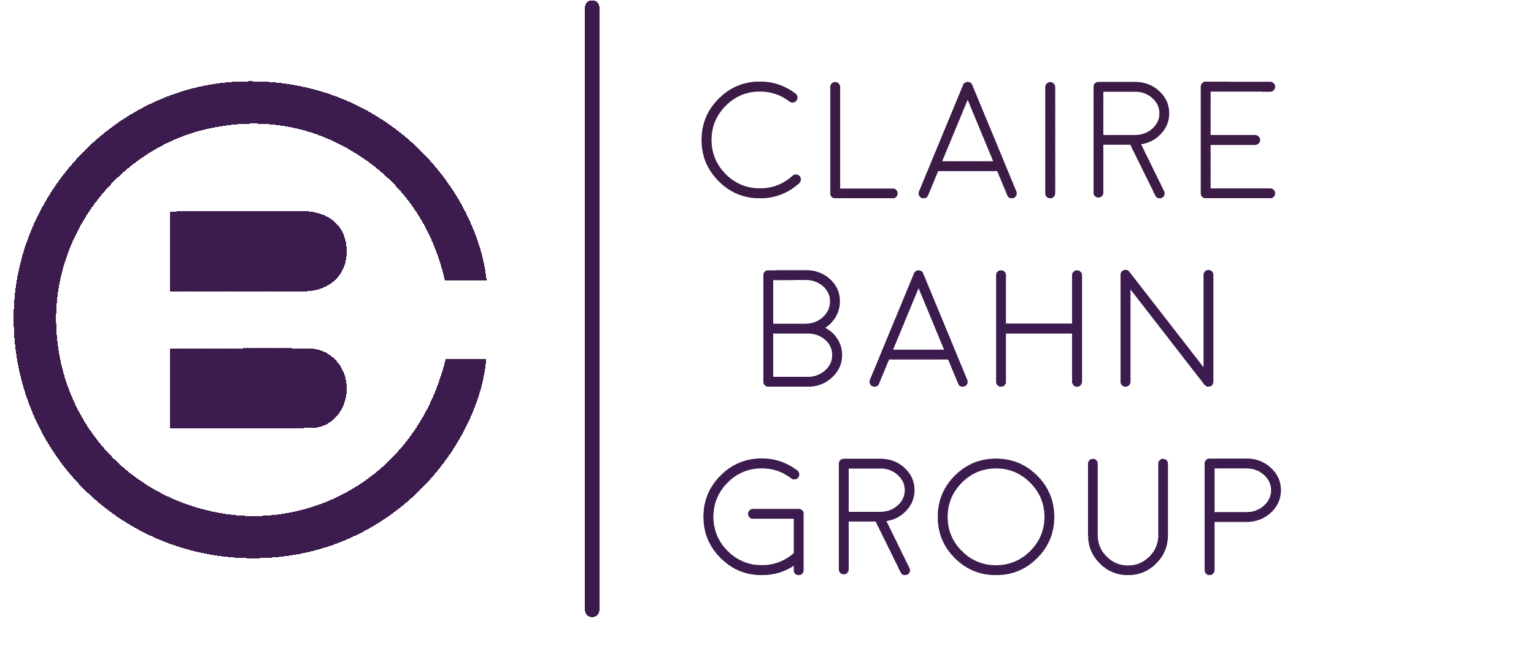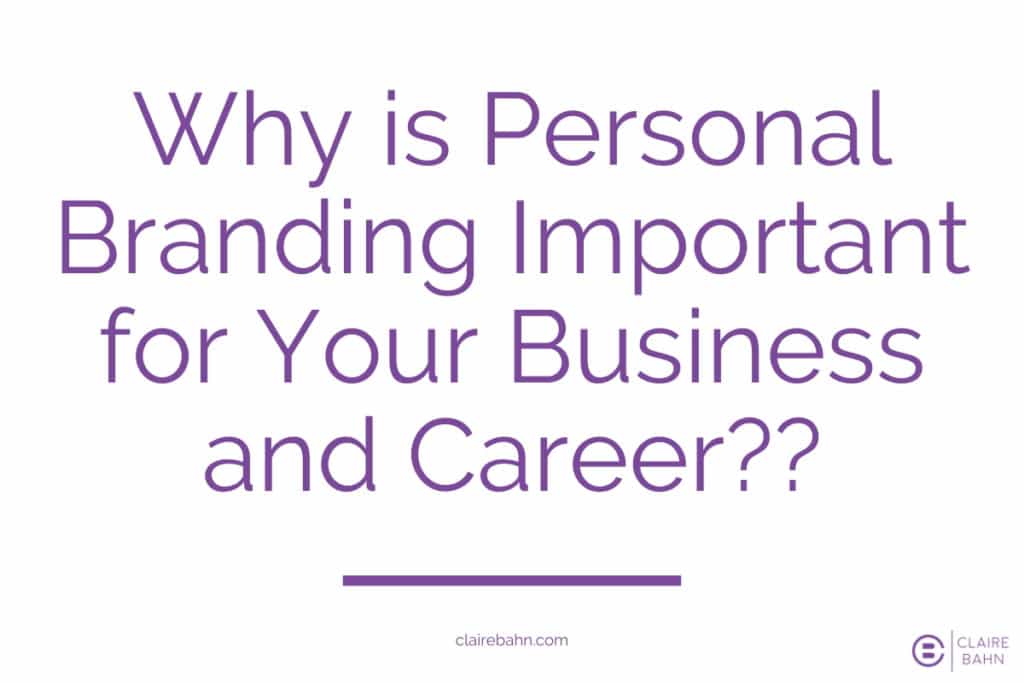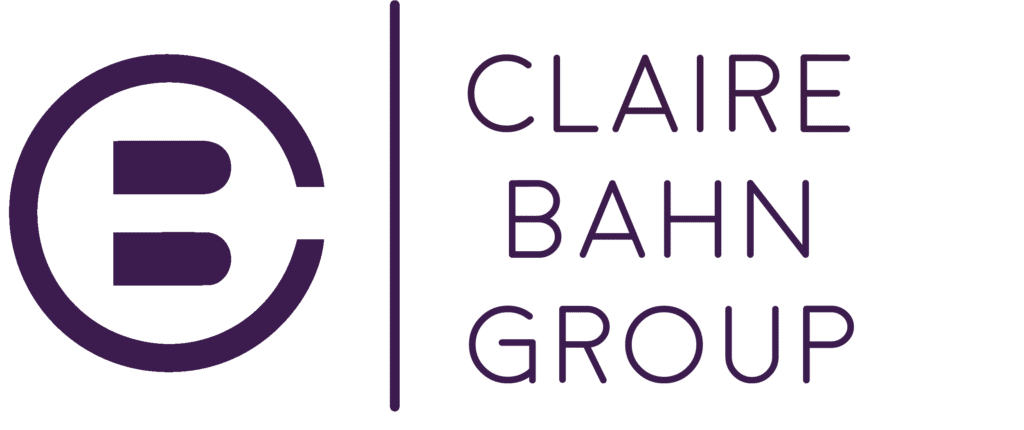I’ve run into a ton of entrepreneurs who bring up the question, “Why is personal branding important? My business already has a brand— isn’t that enough?”
Well… no.
Imagine you’re sitting at home watching Hulu ( or Netflix— whatever your preference). A commercial breaks up the show you’ve been watching and gives you a preview for an upcoming film. It looks all right: an interesting point of view, a good plot point. But then, the star pops on the screen— Morgan Freeman.
Name the last time Morgan Freeman was in a bad film. I’ll wait.
All of a sudden, your ears perk. You move closer to the edge of your seat to watch Freeman’s new character. And before you know it, you’ve already mentally made plans to see this movie. Even if it isn’t coming to theaters for 6 more months.
When you think about it, how often do you watch a show or go see a movie because you like the actors in the film? As a former actress, I was taught that your character should capture the audiences’ attention more than the plot. In the end, you want the audience to care about your character.
The same concept applies to your personal brand.
RELATED: What Is Social Media Branding?
You are the star of your brand.
People will come to your business because they see that you are behind it. If you have a separate business with its own logo and website— great! But that’s the plot. Not the character. How are people going to care about your business if they don’t have a compelling character behind the brand?
That’s where your personal brand comes in. And that’s why it’s so important. Without a headlining star for your brand, people are going to be less inclined to come to your business. They’ll be less likely to buy from you, and ultimately, it will be harder for them to trust the brand because you aren’t showing it.
What other roles does your personal brand play for your business and career? Let’s dig into the details.
5. You’re Being Judged
Did you know that you technically already have a personal brand? Yeah— and you’re being judged on it.
Take a minute right now to Google your name. What shows up? Take inventory of which links and images pop up on Google’s front page. Does anything show up?
Not having a presence online is just as damaging to your business as associations with controversial topics. It’s not enough these days to have your business name on Google. People will immediately flock to the About section on your business website to see who owns it and why they should trust them as the “expert.” If people can’t find your story tied to your business, they’re going to be judging you for it.
On the other hand, what does your current brand show? If you already have a public Instagram page filled with stream-of-consciousness captions and bad photography, you can do one of two things.
The Power of Social Media
1. Take control of your personal brand and use your platform to showcase your knowledge. Invest in a good personal branding photographer so that your images show that you mean business, even for something as seemingly “trivial” as your Instagram page.
I can’t completely understand why people still scoff at the idea of utilizing their social media presence. It’s been over 10 years since these platforms have proven their power for businesses. Plus, it’s free advertising— you’re taking so much for granted by not utilizing these platforms. You need to be parading your brand across social media outlets such as Instagram because 1 billion people are logging in every month.
According to Sprout Social, users browse Instagram for about 53 minutes per day as of 2020 and Facebook users usually scroll for about an hour each day. That is so much leverage for your personal brand. It’s time to start using it.

2. If you have too many personal images and thoughts on your public profiles, turn them private and start from scratch. Make personal brand accounts that showcase you as the expert, the founder, the author, the businesswoman. Take pride in your personal brand so that when people do eventually Google you, they’ll be impressed by what they see.
You’re being judged anyway. Might as well leave a good, lasting impression.
4. You Can Build Your Reputation as an Industry Expert
Jumping off that discussion, your personal brand is your space to brandish yourself as an industry expert. If you keep asking, “why is personal branding important” this will be able to shed the most light on the matter.
Example: Author
If you’re an author who is trying to sell a book, a great route to take would be to capitalize on your social presence to teach others how to write, how to develop characters, or maybe even the business side of publishing a book.
Without even reading your books, you can build an audience that trusts you as an expert. This, in turn, can generate sales for your book (aka your business). A great example of this is YouTuber and author, Jenna Moreci. With 200K YouTube subscribers, she teaches aspiring authors what it takes to write a good book and how to self-publish. This, along with her killer writing skills, is probably what helped her become a best-selling (self-published) author.
Example: Startup Founder
Let’s look at another example. Say you’re a startup founder. You’ve created the next great service app that will put ideas like Uber and Doordash to shame. How are you going to convince people that this new app is the next best thing?
Spoiler alert: you won’t be able to do it through your business brand.
When you’re promoting your business brand and talking about its key features and usefulness, that’s all you’re doing— promoting. And that’s not what your consumers will initially respond to.
Now, if you as the founder, have your own space — your own brand — to display your expertise in the tech industry, that’s the story people will easily consume.
Your personal brand eliminates tedious business promotional material in exchange for real, heartfelt experiences. Not only can you use your personal brand platforms to teach others in your industry how you “made it,” but you can share your struggles and turn them into “teachable moments” for your consumers.
In return, those same people will be eager for the launch date of your book or your app. They’ve been watching you layout your journey from the very beginning. Now they trust you as the expert and they’re excited to help make sure that your hard work pays off.
RELATED: 10 Steps to Finding Work-Life Balance
3. Your Personal Brand is Indicative of How You Do Business
https://www.instagram.com/p/CBUOIPIAr6V/
Your business plan always includes a fleshed-out marketing strategy. If you’re launching a book or an app, your strategies might include creating an email list, hiring a social media manager, or creating monetary campaigns to get the word out about your product.
This is a necessary step, but it’s theoretical in the eyes of investors, press, and clients. If you’re an author looking to get a book deal, you’ll have more leverage to obtain that deal if you can prove that you’re already knowledgable on how to market effectively to an audience.
What Happens When You’re Professional
Using your personal brand to pre-build interested consumers is indicative of how you do business. If you have your own author platform already (and preferably if you have a large and engaged audience), a book publisher will see that as almost guaranteed sales. Thus, they’ll be more willing to invest in your novel because you’ve proven that you know how to handle yourself as a business owner. They can count on you to market your brand and your business.
Being loyal to your personal brand shows that you know and respect the steps associated with launching and maintaining a business. People will see that you’re open to criticism and you’re willing to take the risk of putting yourself out there. Likewise, it shows you know the ropes when it comes to marketing your business because you have taken the time to market yourself as an industry voice.
What Happens When You Neglect
Why is personal branding important? When you neglect your personal brand, it can put you in a negative spotlight. Remember, people are already judging you on it. If you don’t provide any free value (i.e. industry advice in the form of blogs, videos, emails, or social media captions), if you don’t have any press features, or if you’re inconsistent with your content strategy, it’s going to take away that imperative trust people need to have before they buy from you.
2. It Peaks the Interest of Press, Clients, Investors, and Employers
I’ve gone over this a little in the previous section, but let me explain the full scope of how your personal brand affects your business and overall career.
Let’s go back to that startup founder example. Let’s say that you and your team have made a terrific prototype for your product. You’ve laid out your business plan and marketing strategies, and now you’re ready to pitch your idea to investors.
Investors will look into the founder of this business concept or product idea before they ever agree to a meeting. If they can’t find anything about your experience or your pre-marketing ethics, they will be exceedingly less interested.
The same goes for journalists. You probably have a PR strategy to tie into your startup launch, but a journalist is going to research the founder in order to validate your credibility. If they can’t find anything about you, they might not be willing to feature your business— no matter how carefully crafted your business’ digital footprint may be.
Think about your clients or even potential employers. They all look into the person behind the business. When people can’t get a clear picture of who is pulling the strings, it detaches them from the product. Again, people aren’t interested in the plot (your product), they’re interested in the characters (your personal brand).
When you tell your story through your own brand, it elicits that like, know, and trust that people subconsciously need before they make a purchase from you. And that’s simply not something that can be done through a business brand model.
1. 82 Percent of Consumers Conduct Online Research Before Making a Purchase Online
Whether you plan on launching an app as a founder, publishing a book as an author, or opening up a brick-and-mortar business, this is a simple truth that applies to all entrepreneurs.
According to a 2018 report, 82% of consumers conduct online research before making a purchase online or at a brick and mortar. Forbes revealed that “The report, The ROBO Economy (Research Online Buy Offline), showed that 82% of smartphone users consult their phones on purchases they are about to make in-store and 45% read reviews before making a purchase.”
So why is personal branding important in regards to this online research? Isn’t that a direct affiliation with the business brand itself?
Yes and no.
How Your Personal Brand Effects Reviews
Online reviews are going to reflect the product you are selling, that’s true. And that’s your business brand. However, people will (and should) be fed information about your personal brand in relation to that business. After all, your personal brand is what can make your business expand beyond your industry’s influence.
In retrospect, if you have been caught in some kind of “scandal”, that can have a negative impact on how your product sells. People might even leave negative reviews simply on the basis of what you, the founder, have to say on a subject.
This is why I always recommend that entrepreneurs proceed with caution when it comes to sensitive matters (i.e. politics, religion, etc). This is extremely relevant in 2020 when it seems like every other month there is a new travesty being featured on the news. While I don’t condemn vocalizing your support on certain matters, these waters are hard to navigate for anyone’s personal brand because, like it or not, it ties into your business.
This shouldn’t dismay you from creating a personal brand. If anything, I just wanted to bring attention to just how powerful your personal brand can be. It can make you— but it can also break you.
RELATED: How I Started My Business From Scratch
Conclusion: Why is personal branding important for your business and career?
Having no personal brand means you lack the opportunity to interest the press and investors. Without it, you’re determinately cutting your potential audience, and therefore, sales. A lack of a personal brand means you lack showcasing your expertise and that can make it nearly impossible for consumers to like, know, and trust you.
But if you take the opportunity to flesh out your personal brand, it’s indicative of how you do business. Press, consumers, and investors will look at the hard work you put into — not only your business — but your personal brand. This will make them more willing to funnel money into your efforts.
It’s time to elevate your personal brand to align your visibility and notoriety with your expertise. Our Personal Brand Concierge Program was built for high-achieving entrepreneurs, investors, founders, and executives just like you. Learn more about our Personal Brand Concierge Program.
NEXT: SEO on Social Media – Claire Bahn Explains Social Media Marketing



